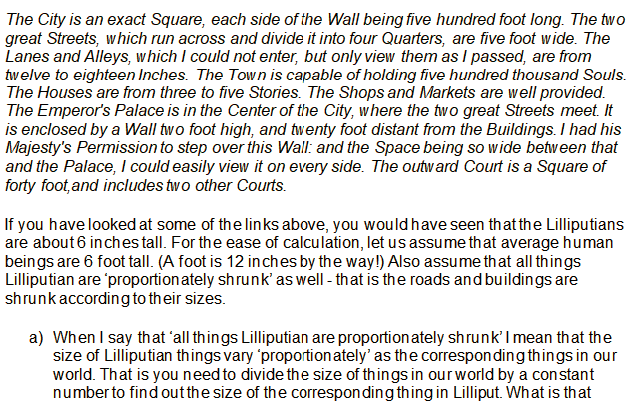
1/ Early specialization leads to more mistakes “The benefits to increased match quality . . . outweigh the greater loss in skills. Learning stuff was less important than learning about oneself. Exploration is not just a whimsical luxury of education; it is a central benefit."
https://twitter.com/Mehulagarwal7/status/1280694896341344264
2/ “Match quality” is a term economists use to describe the degree of fit between the work someone does and who they are—their abilities and proclivities. A researcher, Ofer Malamud, investigated the trade-offs between early & late specializers in the British education system
3/ English & Welsh students had to specialize before college so that they could apply to specific, narrow programs. In Scotland, on the other hand, students were actually required to study different fields for their first two years of college, and could keep sampling beyond that.
4/ College graduates in England and Wales were consistently more likely to leap entirely out of their career fields than their later-specializing Scottish peers. And despite starting out behind in income because they had fewer specific skills, the Scots quickly caught up.
5/ Their counterparts in England & Wales were more often switching fields after college/ beginning a career, even though they had more disincentive to switch, having focused on that field.
6/ With less sampling opportunity, more students headed down a narrow path before figuring out if it was a good one. The English and Welsh students were specializing so early that they were making more mistakes. EXCERPTS adapted from the book 'Range' by Dave Epstein
unroll @threadreaderapp
• • •
Missing some Tweet in this thread? You can try to
force a refresh







